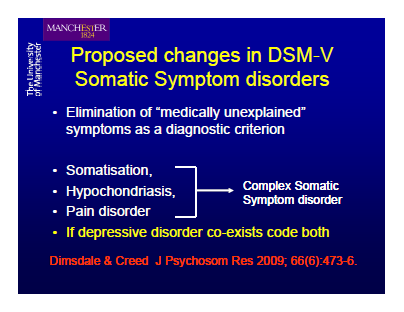
Schizophrenia is a common mental illness all over the world. it usually begins before the age of 20 to 25 yrs and persists throughout life.
Schizophrenia is a group psychotic disorder where there is gross distortion of reality, withdrawal of social surrounding and interaction with defect in perception, thought and emotion.
Hallucination, delusion, disorganized speech are some of the symptoms and characteristics of schizophrenia.
The self analysis center in the brain gets affected and therefore the person is unable to believe he is mentally sick.
There is a greater risk of suicidal tendencies among schizophrenic patients.
The disease can be continuous or there may be a relapse in symptoms. During a relapse the person behaves as if he is absolutely sane.
- Hallucination: hearing voices speaking to him, seeing people or things which are not there.
- Delusion that other will harm him, or poison his food.
- Disorganized speech and incoherent speech.
- Lack of self care
- Keeps silent all the time
- Irrelevant posture.
- Violent behavior, snatching or throwing things without any provocation.
- Crying or laughing with no obvious reason. and later on does not show any emotional expression.
The exact cause is not known, but hereditary factors, chemical imbalance in the brain, higher copper level in the body, abnormalities in temporal and frontal lobes in the brain, stressful family situation are some of the conditions which ultimately develop clinical symptoms of schizophrenia
- Herbs such as rosemary, sage, basil, chamomile, cardamom are the home remedies used in these patients. Tea prepared from these herbs is beneficial.
- Stress and anxiety which trigger schizophrenia can be calmed down, by drinking tea prepared from kava kava, licorice and passion flower.
- Ginseng is another herb which is neuro protective. it helps in schizophrenia.
To treat schizophrenic individual, a combination of biological and psychological treatment is necessary. Counseling the patient and his family to cope with his idiosyncrasies, to ensure drug compliance are other supportive measures.